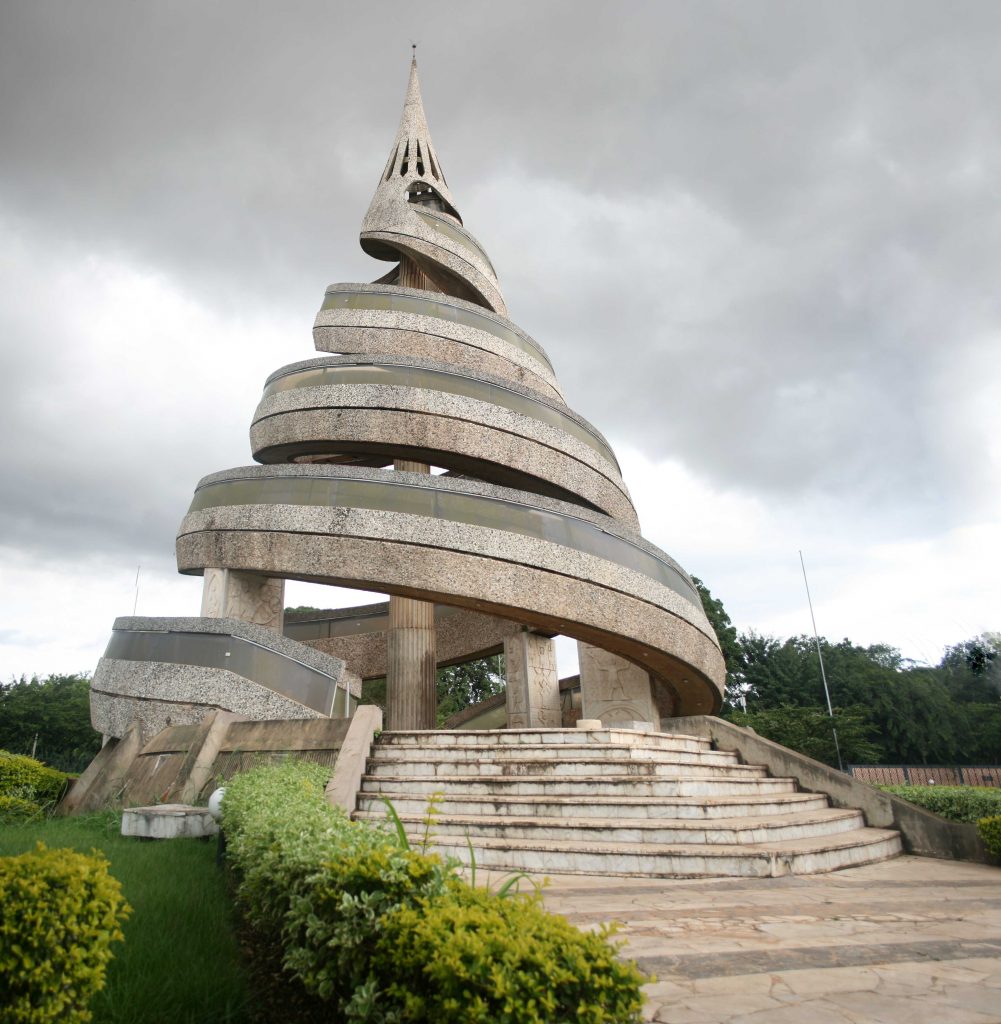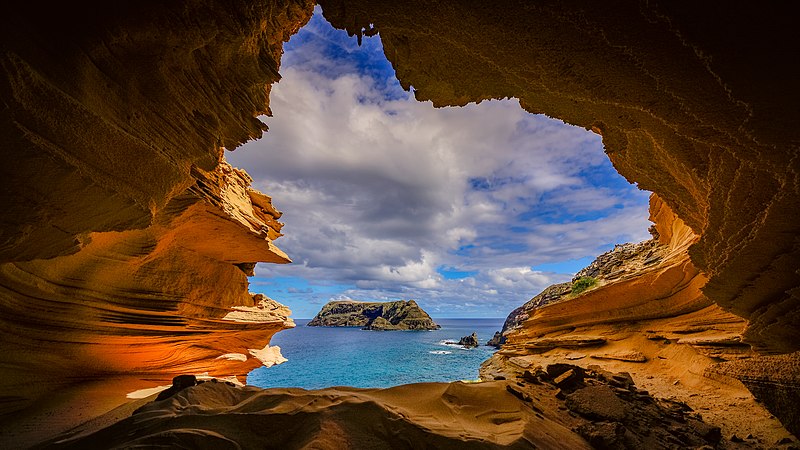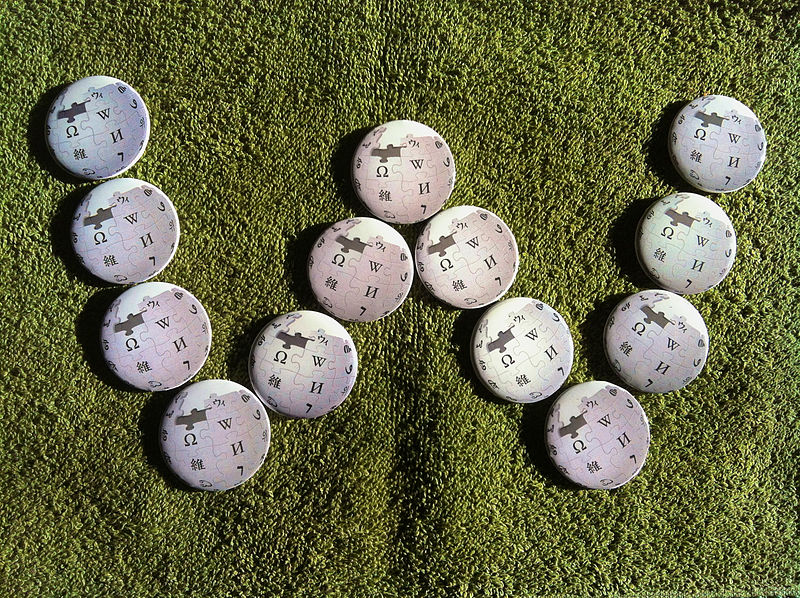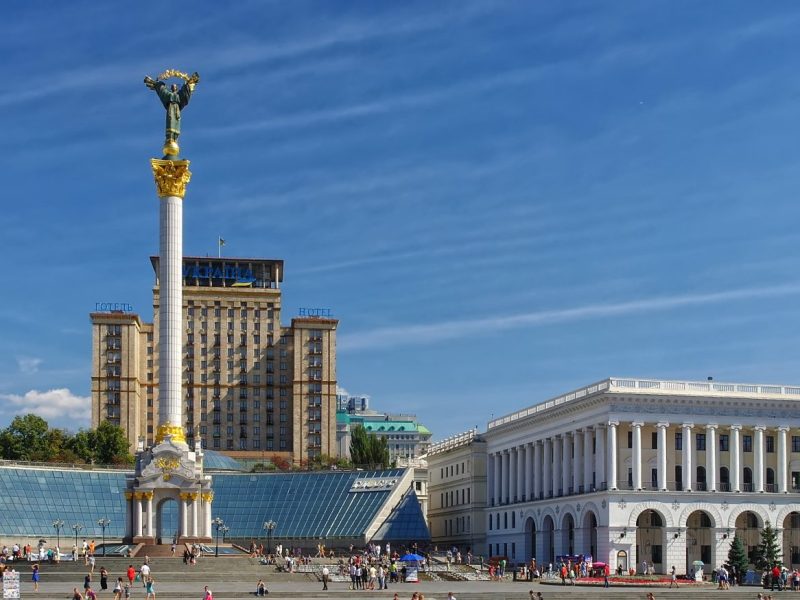Senior Program Manager Anne Gomez leads the New Readers initiative, where she works on ways to better understand barriers that prevent people around the world from accessing information online. One of her areas of interest is offline access, as she works with the New Readers team to improve the way people who have limited or infrequent access to the internet can access free and open knowledge.
Over the coming months, Anne will be interviewing people who work to remove access barriers for people across the world. In this installment, she interviews Luc Héripret, who leads the Orange Foundation’s work in Africa, which supports education initiatives across the continent. Through the Digital Schools program, active in 532 schools in 12 countries across the continent, the Orange Foundation has funded the initial development of WikiFundi, an offline editing tool for schools. They also work to promote gender equality through initiatives such as Women’s Digital Centres for education.
Gomez: In your own words, could you tell us about the Orange Foundation? What are your goals? How do you relate to the Orange Group?
Héripret: The Orange Foundation is the philanthropic branch of the Orange Group. Our three domains are: education, health and culture. We act in the thirty countries where the group is present and through our fifteen local foundations. Our major focus is on digital education.
Could you describe your role at the Orange Foundation?
I have three roles:
- I am coordinating our philanthropic actions in Africa.
- I drive different philanthropy programs, such as digital schools, villages, and maternal and infant health.
- I coordinate our actions in digital content.
How did the Digital Schools program come to be? What does a deployment consist of? How is it run?
At the beginning, the idea of the program was to offer digital content on a tablet rather than books for the same cost because educational material on a digital medium allows access to thousands of more pieces of content.
We also wanted to to go offline with the tablets, as data connection is costly in Africa. And we wanted to use a central server in each school to simplify the update process and be able to have interactive tools like KA Lite [an offline, open source version of the educational platform Khan Academy]. The program is designed, coordinated and funded by the Orange Foundation at the group level and is targeted, as all of our programs, to lower-income populations in our target markets.
The local Orange Foundation then implements the program locally coordinating with the Ministry of Education and, if needed, with local non-government organizations. Local Orange volunteers follow the program in the schools on a technical level. A local educational adviser is hired by the Orange Foundation to select relevant content, coordinate with the ministry, and follow schools’ educational progress.
Can you tell us a little more about how you’ve seen students using Wikipedia through your program? Can you share a specific story?
They use Wikipedia to discover their own country, and to learn science. For example, a young teacher in Madagascar discovered Wikipedia (and the digital world!) through our digital kit. Her first search was “Human Body” and she found a general article about the human body with an illustration. Without any help, she then zoomed with her fingers so the picture was full screen. She said that it was exactly what she needed for her teaching the next day.
Smartphones have transformed the way people can access the internet. How has this changed the landscape and the way you view offline access? How do you see these devices impacting the future of educational resources?
Smartphones begin to change the access to internet in Africa but there is still a long way to go to allow that access to a larger number of people. Offline access has still some years to really grow. However, smartphones can be a good tool but I think tablets are a better tool for real learning.
What are you most proud of in your work in Africa?
The number of people reached by our actions: we’ve reached 130,000 children in schools and 250,000 people in rural villages.
What has been your biggest surprise over the years?
My biggest surprise was to see how easily children and professors use KALite or Wikipedia on tablets in many different ways but always efficiently.
When we last spoke, you talked about building an ecosystem of resources for education, ranging from digitizing resources, to hosting a resource hub, to deploying hardware. Can you describe the ecosystem as it is now, and your vision for the future?
For launching our digital schools, we decided to use only open source content, apart from the local content given by Ministries of Education. So we gathered a lot of open source content through the Web over the past four years, and we support the creation of open source content with an annual call for projects. We also digitize local books if we have the authorization. We have launched a website to put on line all the content we gathered so everybody can benefit of the library. The site is collaborative: all users can add their own content.
Our Foundation network uses the online library to then add content on their local servers that they send to the schools. In order to add the content to the servers in a simple way, we developed a small software called Edupi, which acts like a local drive. On the hardware side, we send the hardware once a year to all local foundation concerned. They locally assemble the kits with Orange volunteers and bring them to the schools with a two days training for each school. In the future, we would like local teams to have a complete autonomy in running the program.
As we mentioned (and you may know), the Wikimedia volunteer communities play a major part in the on-the-ground projects we work on. What ways can the Orange Foundation engage with these communities to expand collaboration via programs or projects?
We would love to work with Wikimedia volunteers either on the content side or on contributing to train and follow teachers and students. For example, what has been recently done with the Wikichallenge we supported organised by Wiki in Africa with the help of local Wikimedia volunteers.
When you say “the content side,” what do you mean? Would you like more content to be written? Curated?
Both, they lack of local content adapted to their culture. and searching the relevant content can be painful. A kind of specialized Wikipedia extracted from the original material would be very useful.
Who do you rely on to learn more about offline educational resources? What resources (conferences, people, spaces) exist for people who want to know more?
Interview by Anne Gomez, Senior Program Manager, Program Management
Wikimedia Foundation




